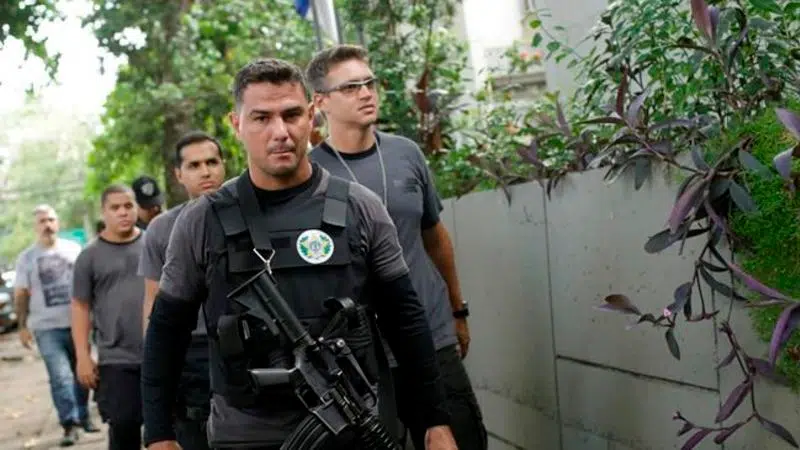
2 ex-cops arrested in killing of black Brazilian politician
RIO DE JANEIRO — Authorities arrested two former police officers Tuesday in the killing of Rio de Janeiro councilwoman Marielle Franco and her driver, a brazen assassination that shocked Brazilians and sparked protests in several countries.
The arrests in Rio came two days before the anniversary of the 2018 killings. While police had questioned many people, before Tuesday nobody had been arrested or charged in the shooting of Franco, a prominent activist for Afro-Brazilian and LGBT rights.
“It was a crime against a lawmaker, a woman, exercising her democratic function who had her life taken away in an unacceptable, criminal way,” Rio de Janeiro state Gov. Wilson Witzel told reporters.


